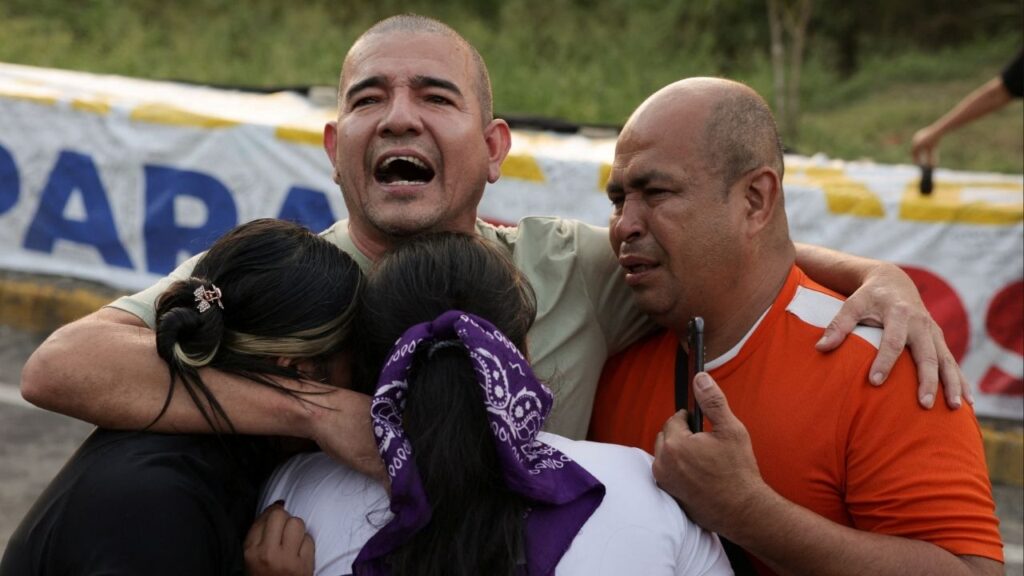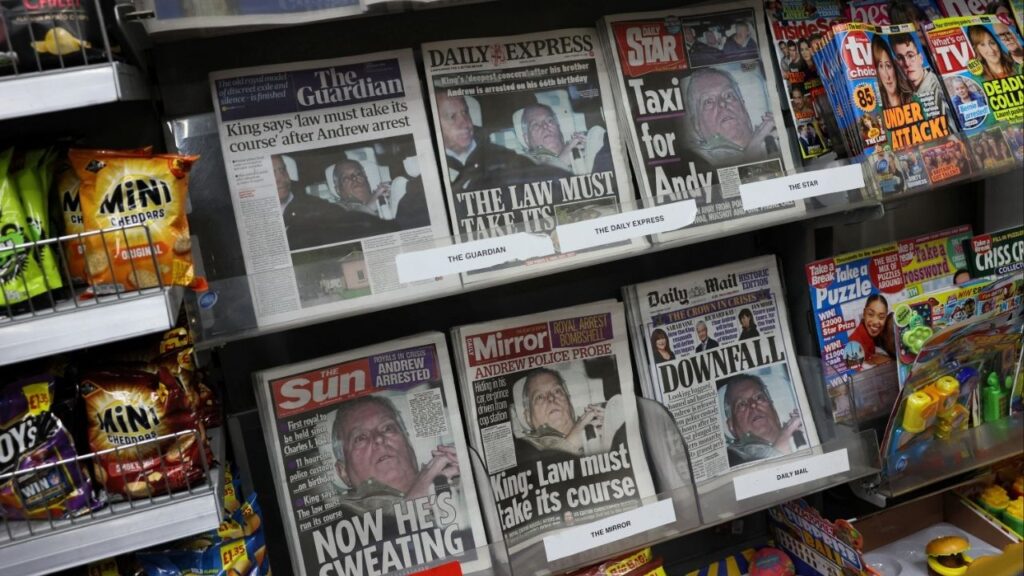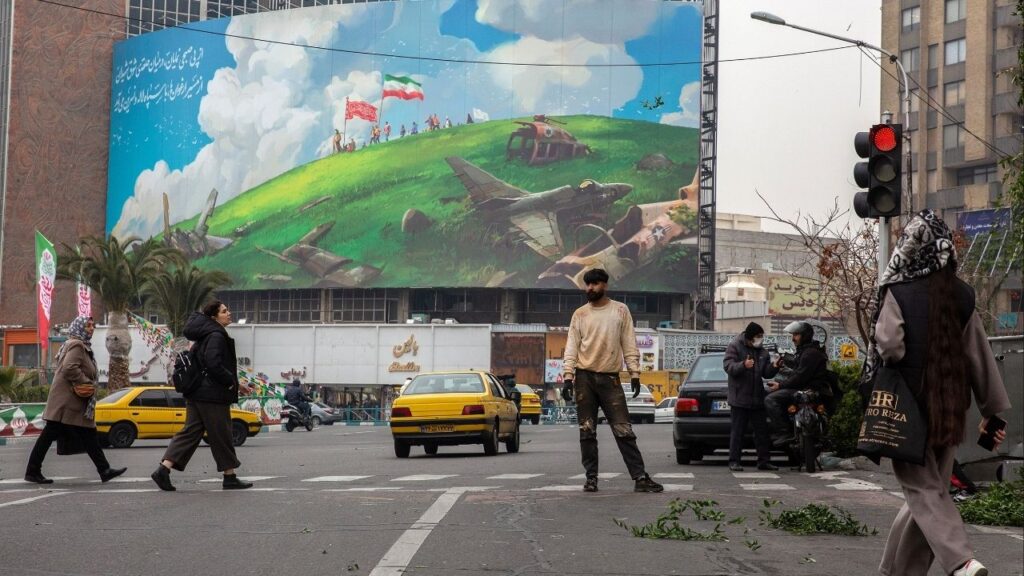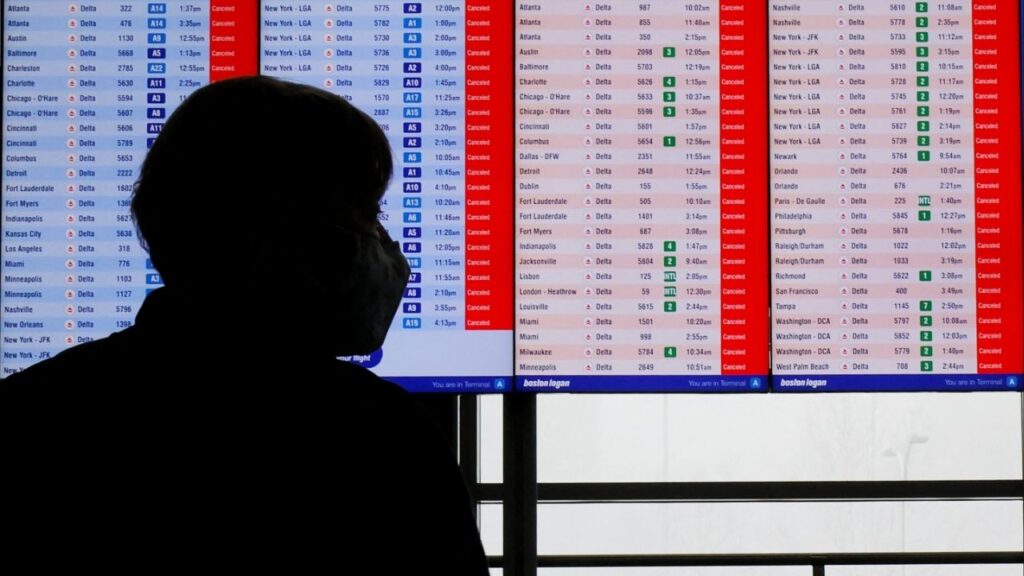Hezbollah supporters carry a coffin at the funeral of two comrades killed Wednesday in the second wave of explosions in Beirut, Lebanon, Sept. 19, 2024. (Diego Ibarra Sanchez/The New York Times)

- The 2006 conflict with Hezbollah highlights that tactical brilliance can't replace a coherent strategy; Israel needs a clearer plan to engage Hezbollah now.
- Israel's main enemy is Iran, not Hezbollah. Engaging Hezbollah without addressing its backer could lead to exhausting conflicts.
- Israel must avoid alienating the Lebanese populace, who largely disapprove of Hezbollah, to prevent strengthening the group's hold on power.
Share
|
Getting your Trinity Audio player ready...
|

Bret Stephens
Opinion
In 2006, Hezbollah launched a guerrilla raid into Israel. It led to a 34-day war that devastated Lebanon, traumatized Israel, and concluded with a U.N. resolution that was supposed to disarm the terrorist militia and keep its forces far from the border.
Related Story: Israel Says It Killed a Hezbollah Commander as the Two Sides Exchange More ...
The Resolution Did Neither.
Instead, a combination of international wishful thinking and the willfulness of Hezbollah’s patrons in Iran have brought us to where we are now — the cusp of a conflict that could dwarf the scale of fighting in the Gaza Strip. Can a full-blown war be avoided? Hard to say. Can the lessons of 2006 lead to a better outcome this time? That’s the important question.
First lesson: Tactical brilliance is not a substitute for sound strategy. In 2006, the Israeli air force, operating on excellent intelligence, was able to knock out many of Hezbollah’s longer-range rockets — often hidden in homes — by the second night of the war. The strike surely helped spare scores, if not hundreds, of Israeli lives.
But Israel had little idea of how to fight the war after that, other than through a bombing campaign whose ferocity generated acute diplomatic pressure for the war to end, along with a belated Israeli ground incursion that got badly mauled by Hezbollah. Does Israel have a better plan today?
Second lesson: Hezbollah is not Israel’s main enemy. Iran is. Or, to borrow a metaphor from former Israeli Prime Minister Naftali Bennett, Tehran, Iran’s capital, is the head of the octopus, and Hezbollah — like Hamas in Gaza or the Houthis in Yemen — is merely one of its tentacles. By going to war with Hezbollah, Israel risks exhausting itself in a secondary fight.
That doesn’t mean that Israel can afford to ignore Hezbollah; its arsenal of 120,000 to 200,000 missiles and rockets poses a dire and direct threat to the Israeli home front. But the only way in which Israel restores its deterrence is by imposing costs directly on Hezbollah’s masters. Tehran, not Beirut, is the real center of gravity in this fight.
Third lesson: Do not make an enemy of the Lebanese people.
Related Story: US Is Sending More Troops to the Middle East as Violence Rises Between Israel ...
Except in its Shiite strongholds, polling by the Arab Barometer shows, Hezbollah is unpopular among most Lebanese. With good reason: The group has hijacked their country, murdered their most beloved leaders, turned much of the country into a target and devoted its resources to building a vast military infrastructure even as the national economy has collapsed.
Israel can’t hope to turn Lebanon into any kind of ally — that fantasy died with the Syrian-backed assassination of Bashir Gemayel, Lebanon’s Israel-aligned president-elect, in 1982. But it should not repeat the 2006 mistake of trying to create deterrence through demonstrations of brute force. The kind of targeted strikes demonstrated by last week’s pager attacks are vastly more effective in erasing Hezbollah’s aura of invincibility.
Fourth lesson: Keep the U.N. out of it. In theory, the Security Council’s Resolution 1701, which ended the 2006 war, empowered a U.N. peacekeeping force to prevent Hezbollah from placing its forces close to the Israeli border. In reality, the U.N. peacekeepers did nothing of the sort, at a cost of billions to U.S. taxpayers.
If the United States or Europeans want to create a buffer area between Israel and Hezbollah, they should deploy their own troops under a NATO flag or perhaps invite Arab states to send forces. Otherwise, the reestablishment of the Israeli-controlled security zone in southern Lebanon that existed from 1985 to 2000 might, for all the long-term problems it presents, be the least-bad alternative.
Fifth Lesson
The proper role for the United States in the crisis is not to seek a diplomatic solution. It’s to help Israel win.
Until al-Qaida’s attacks Sept. 11, 2001, no terrorist group had murdered more Americans than Hezbollah. Israel’s strike last week in Beirut, which killed Hezbollah commander Ibrahim Akil, avenged the 1983 attacks there on the U.S. Embassy and Marine barracks, in which 258 Americans perished. Hezbollah later went on to murder and starve untold numbers of Syrians by helping Bashar Assad in the bloody suppression of his own people.
Those crimes should neither be forgotten nor forgiven. Nor can it be in the interests of the West for a terrorist group with burgeoning ties to the Kremlin to maintain effective control of a Mediterranean state while it terrorizes its neighborhood. Beyond Israel’s interests in secure borders against Tehran’s Axis of Resistance, there is an American interest in checking the expansion of what I call the Axis of Repression, a broader group that includes Iran, China, Russia and North Korea.
Which brings us to a sixth lesson: It’s tempting to view Israel’s various battles as regional affairs, distant from America’s central concerns. It’s also foolish. We are now in the opening stages of yet another contest between the free and unfree worlds. It’s a conflict that reaches from Norway’s border with Russia to the struggle of the Iranian people against their own government to the shoals of the South China Sea. It will probably last for decades.
In that fight, Israel is on our side, and Hezbollah is on the other. Whatever happens in the days and weeks ahead, we can’t pretend to be neutral between them.
–
This article originally appeared in The New York Times.
By Bret Stephens/Diego Ibarra Sanchez
c. 2024 The New York Times Company
RELATED TOPICS:
Categories

Canada Presses OpenAI for Answers on Mass Shooter’s Chatbot Use


















